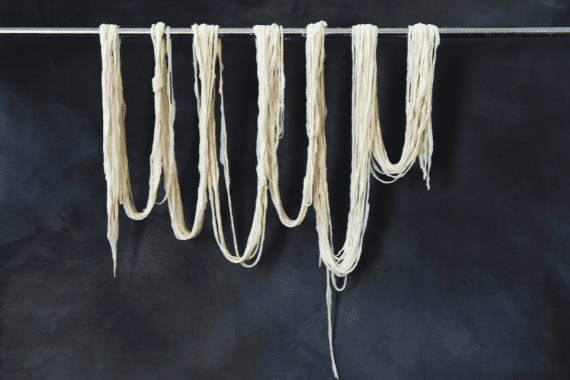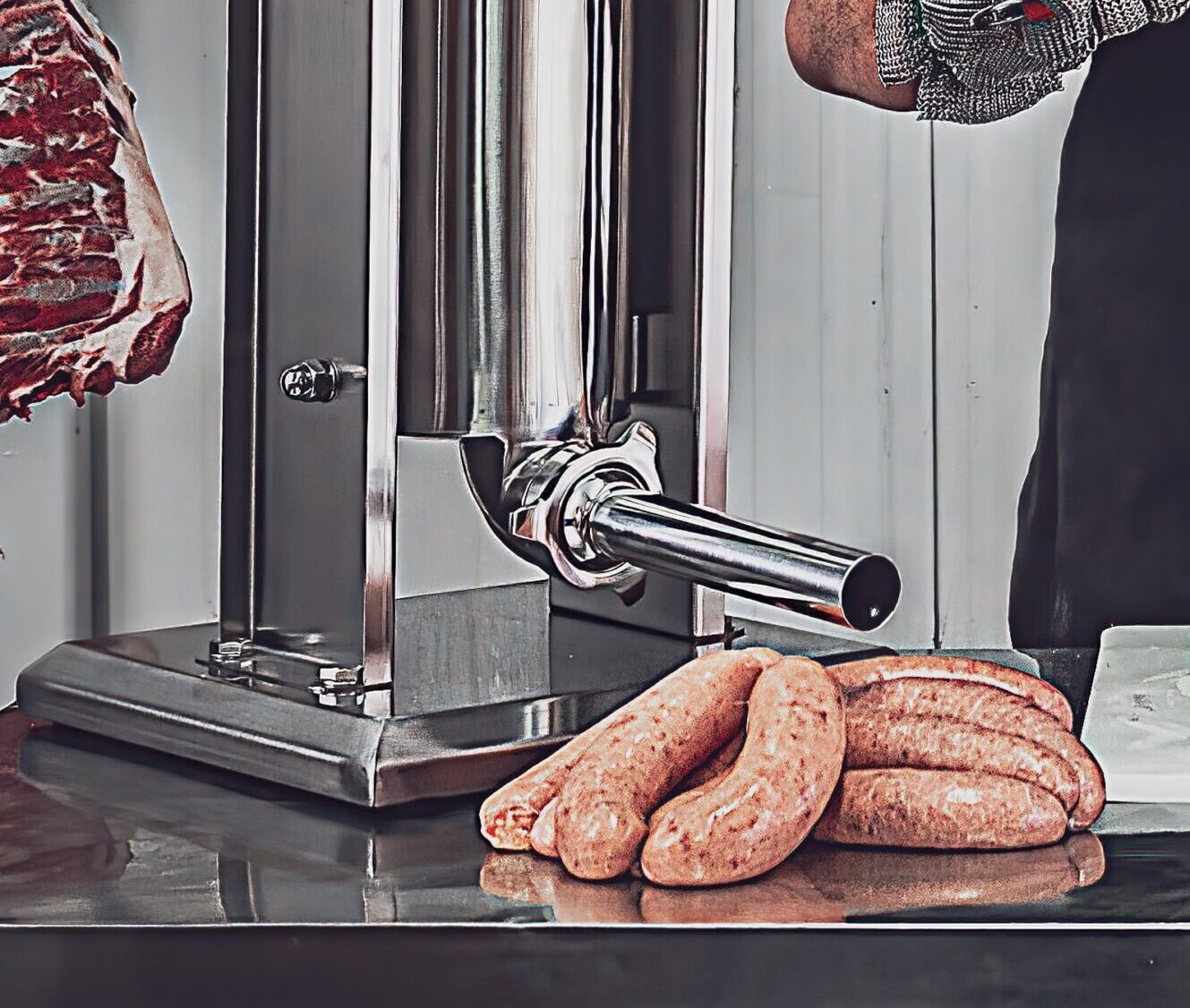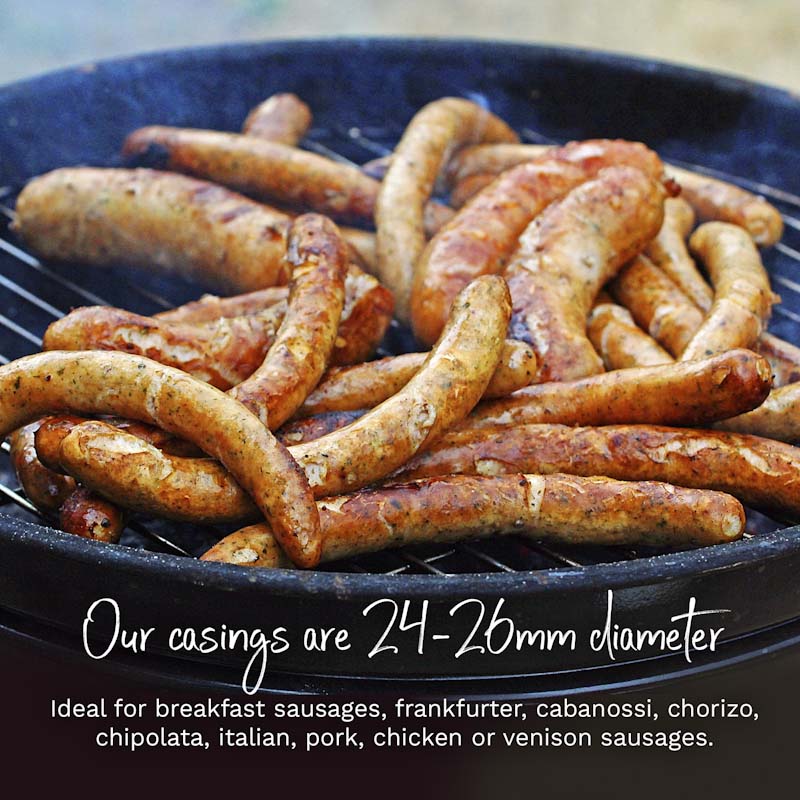Check in regularly for home butchery how-to guides, recipes, tips, tricks and more. We’ll show you how to get the best out of your homekill and make meat products like a pro.
If you have any questions, feel free to phone us on 0800 840 024 or email sales@ruralbutcher.co.nz.
What is homekill?
Homekill is the butchering of wild or farmed animals for your own consumption. You’re allowed to butcher homekill yourself, but not allowed to sell or trade the meat. This is because homekilled and butchered meat isn’t checked and doesn’t follow the strict standards for meat products sold commercially. This is why it’s important to learn how to butcher your meat well, so it’s safe to consume and tastes great. Enjoy the guides!






Why are sausage
casings so important?
Casings are the forgotten super-hero of the humble sausage. That’s because without a good sausage casing, you can’t have a good sausage.






How to
make sausages
A step by step guide on how to make sausages that everyone will want to snack on!
How does sausage
casing sizing work?
Casings are generally sold based on their diameter (often referred to as ‘calibre’). Natural sheep casings generally range









